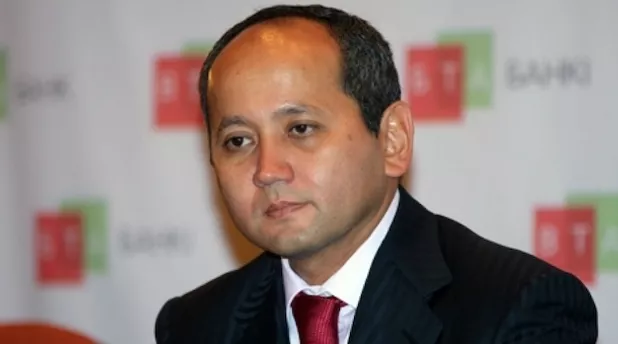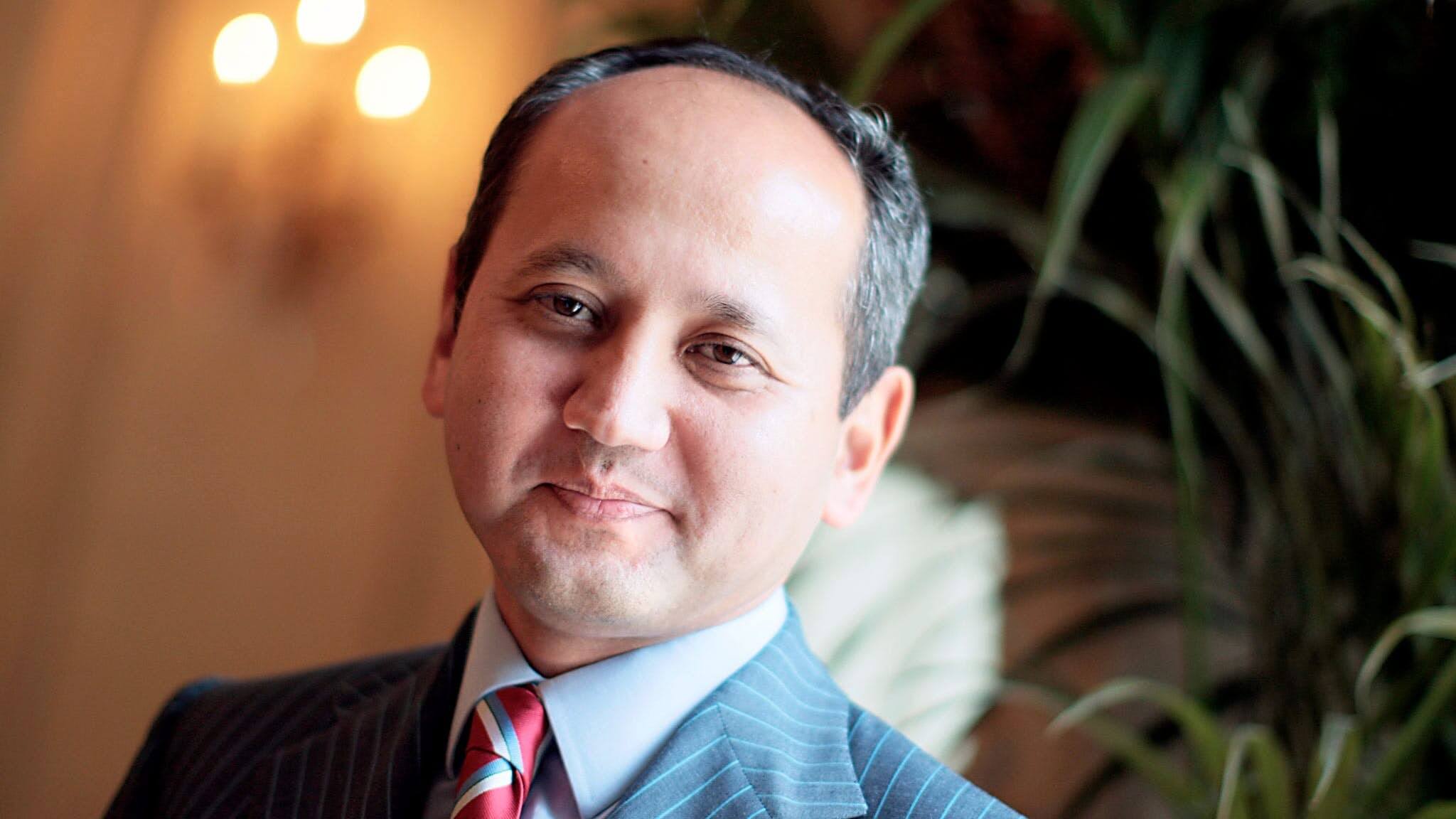Today, the chairman of the Human Rights Foundation (HRF), Garry Kasparov, visited Kazakh dissident Mukhtar Ablyazov in the Paris detention center where Ablyazov is detained pending the outcome of extradition proceedings that have dragged on for more than two years. The visit comes one year after a court in Lyon, France authorized Ablyazov’s extradition to Russia. The French court had blocked Kasparov from testifying at those extradition proceedings.

“There is zero chance Ablyazov can get a fair trial in Russia. There is zero chance Ablyazov will not be subjected torture or other forms of inhuman and degrading treatment in Russian jails, including by visiting Kazakh officials. If Ablyazov is extradited, it means France is turning away from human rights. The damage will be tremendous. I call upon President François Hollande, who had the political courage to cancel the sale of warships to Russia, to stop this and all extraditions to Russia until such time that the Russian legal system is worthy of Western cooperation,” said Kasparov after his prison meeting with Ablyazov. “There is overwhelming evidence that Ablyazov is being persecuted on political grounds by the dictatorships of Russia and Kazakhstan. Just last month, Russia criminally accused a Russian political opponent of conspiring with Ablyazov to destabilize the regime of Kazakh dictator Nursultan Nazarbayev by organizing political protests,” he added.
Kasparov emphasized that it is well known that six years ago, on humanitarian grounds, France’s then-president Nicolas Sarkozy cancelled a French government decree that had been issued to extradite a convicted terrorist to Italy. Today, President Hollande should cancel the Ablyazov extradition decree on human rights grounds, Kasparov added.
Kasparov noted that many Russian officials pursuing Ablyazov have been blacklisted from entry to the United States and are subject to asset freezes there due to their complicity in the torture and death of whistleblowing anti-corruption lawyer Sergei Magnitsky. “This cabal of Russian judges and prosecutors is also notorious for attacking blogger Aleksey Navalny and for involvement in other politically tainted cases in Russia,” Kasparov said. Since January 2014, Kasparov has vocally opposed Ablyazov’s extradition to Russia, emphasizing that in Russia no less than seven people from the notorious Magnitsky List have been involved with Kazakhstan in mounting the allegations against Ablyazov.
Kazakhstan has not signed an extradition treaty with France that would enable it to request Ablyazov directly, so it is believed to have used Russia as a proxy. In January 2014, HRF sent a letter to France’s Minister of Justice requesting that she “apply international law’s non-refoulement principle and reconsider France’s collaboration with the corrupt Russian…justice officials who, acting as proxies of the government of
Kazakhstan, are currently seeking the extradition of Ablyazov.”
“Under international law, the prohibition of expulsion or return — known as the principle of non-refoulement — demands that no state should expel a person to a territory in which his right to life or to be free from torture would face a real risk of irreparable harm. According to the UN Human Rights Committee, this prohibition applies with regard to the country to which removal is to be effected or to any other country to which the person may subsequently be removed,” said HRF chief legal officer Javier El-Hage. “If France extradites Ablyazov to Russia, he faces a real risk of being subjected to torture in both Russia and Kazakhstan. This is why Amnesty International, Human Rights Watch,ACAT and FIDH have all issued appeals to the French government not to extradite Ablyazov. We join them once again in calling upon France to follow international law and prevent this great risk from materializing.”
French Prime Minister Manuel Valls signed a decree on September 17, 2015, ordering Ablyazov’s extradition to Russia. In this closely-watched case, the decree, which became public last week, was a stunning vote of confidence from France that Russia can be trusted to give a fair trial to Ablyazov, that he risks no torture and that he will not be illegally sent on to Kazakhstan. Ablyazov is appealing against the decree at the Conseil d’Etat, France’s supreme administrative court. This appeal will impede Ablyazov’s extradition from taking place. Ablyazov may also subsequently appeal to the European Court of Human Rights to stop his extradition.
In the two years since Ablyazov was arrested in France, nine European countries — Belgium, Poland, Austria, the Czech Republic, the United Kingdom, Italy, Switzerland, Spain and Lithuania — have either refused extraditions or granted asylum or similar protection to ten of Ablyazov’s co-accused business associates, political allies or family members. In addition to this consensus in Europe, the United States has granted asylum to Ablyazov’s sister.
The Human Rights Foundation (HRF) is a nonpartisan nonprofit organization that promotes and protects human rights globally, with a focus on closed societies. HRF’s International Council includes human rights advocates George Ayittey, Palden Gyatso, Mutabar Tadjibaeva, Elie Wiesel, and Harry Wu.
Read this release in French here.
Read this release in Russian here.
Contact: Noemi Gonzalo-Bilbao – Human Rights Foundation, (212) 246.8486, [email protected]
